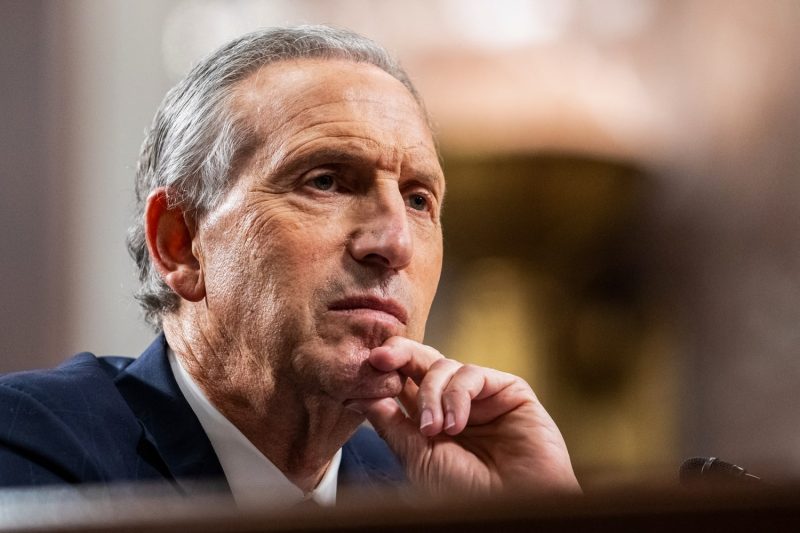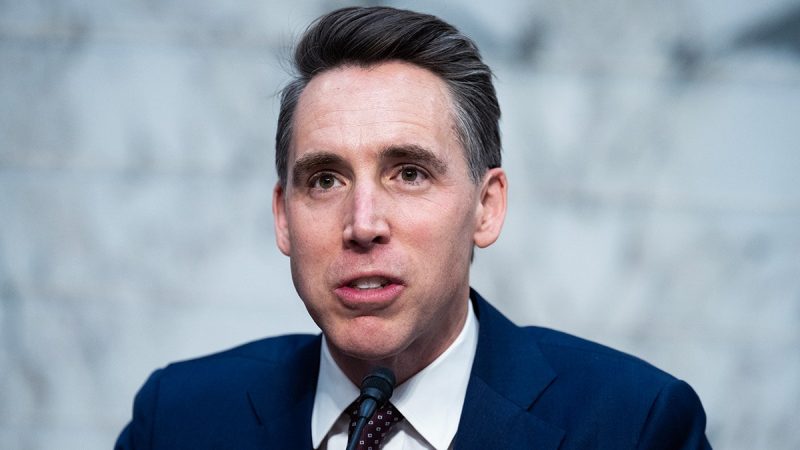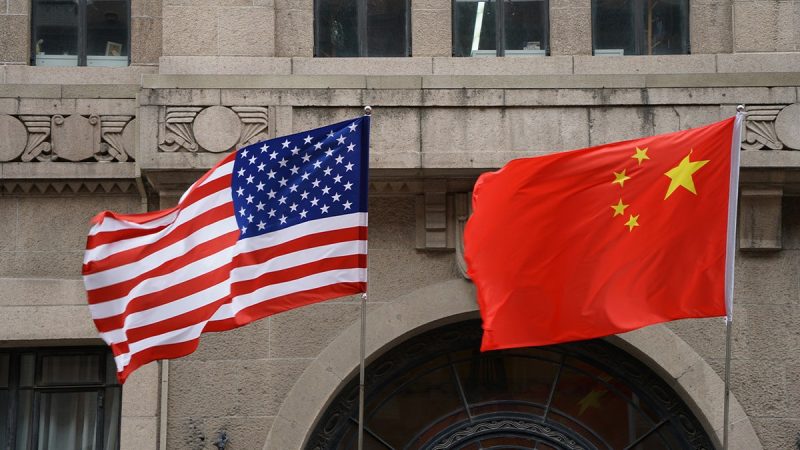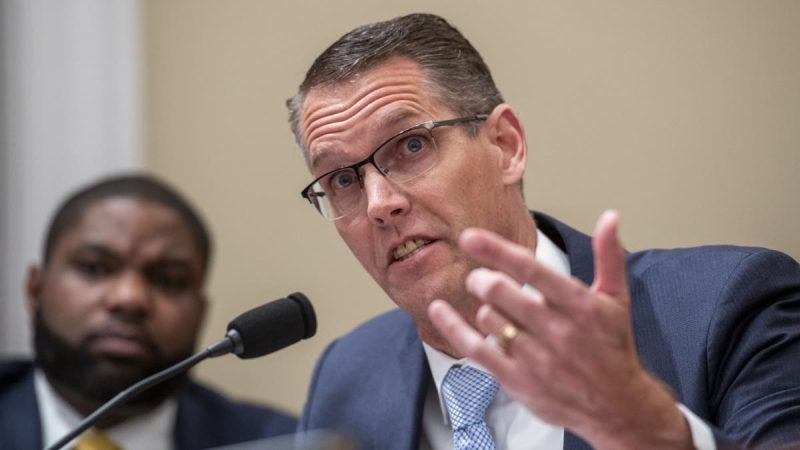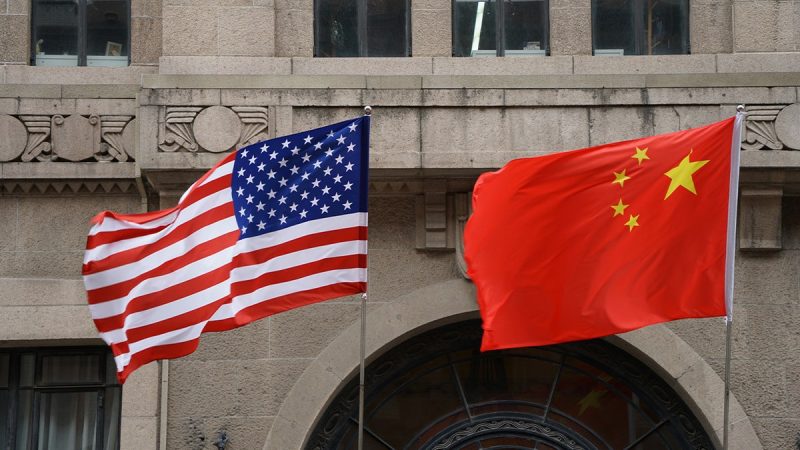Here’s a quick recap of the crypto landscape for Wednesday (June 11) as of 9:00 p.m. UTC.
Get the latest insights on Bitcoin, Ethereum and altcoins, along with a round-up of key cryptocurrency market news.
Bitcoin and Ethereum price update
Bitcoin (BTC) was priced at US$108,710, a slight decrease of 0.8 percent in 24 hours. The day’s range for the cryptocurrency brought a low of US$108,574 and a high of US$110,269.
Bitcoin price performance, June 11, 2025.
Chart via TradingView.
Bitcoin has surged over 10 percent since June 5, briefly reaching US$110,000 on Wednesday.
If Bitcoin breaks its US$112,000 all-time high, analysts believe it could make a rapid rise to US$114,000, with further gains predicted if momentum continues. Experts’ targets range from US$120,000 to US$150,000 in the short term, while long-term forecasts sit between US$1 million and US$2.4 million.
This week’s on-chain analysis from Glassnode shows a deviation from past bull markets, with long-term holders continuing to buy instead of selling. This points to growing institutional interest and a shift toward long-term thinking. Price swings are unusually low, suggesting a stable market, but moves could be sharp if demand shifts.
Ethereum (ETH) ended the day at US$2,810.96, a 1.6 percent increase over the past 24 hours. The cryptocurrency reached an intraday low of US$2,796.60 and saw a daily high of US$2,870.74
Altcoin price update
- Solana (SOL) closed at US$162.72, down 0.5 percent over 24 hours. SOL experienced a low of US$163.05 and reached a high of US$167.80 on Wednesday.
- XRP was trading at US$2.29, down by 0.3 percent to its lowest valuation in 24 hours. The cryptocurrency reached a high of US$2.33 for the day.
- Sui (SUI) was trading at US$3.42, showing a decreaseof 0.7 percent over the past 24 hours and its lowest valuation of the day. It peaked at US$3.51.
- Cardano (ADA) closed at its lowest price of the day at US$0.7041, down 0.5 percent over the past 24 hours. Its highest valuation was US$0.7285.
Today’s crypto news to know
Experts make ETF approval calls
Bloomberg exchange-traded fund (ETF) analysts Eric Balchunas and James Seyffart are calling for a ‘potential Alt Coin ETF Summer,’ according to a note released on Wednesday.
“Get ready for a potential Alt Coin ETF Summer with Solana likely leading the way (as well as some basket products) via @JSeyff note this morning which includes fresh odds for all the spot ETFs,” an X post from Balchunas states.
They predict that the US Securities and Exchange Commission (SEC) could approve exchange-traded funds (ETFs) tracking broad crypto indexes by July. The SEC could also “act early on spot Solana and staking ETF filings” after REX-Osprey filed for Solana and Ethereum ETFs with staking components using a C-Corp structure on May 30.
Seyffart and Balchunas now place the approval odds of SOL and Litecoin ETFs at 90 percent. Spot Solana ETF approval odds also jumped to 91 percent on Wednesday on Polymarket.
Stripe to acquire Privy
Stripe has announced plans to acquire Privy, a specialized cryptocurrency wallet infrastructure developer, for an undisclosed amount in a deal signaling Stripe’s deepening involvement in the digital asset space.
Under the terms of the purchase, Privy will operate as a subsidiary within Stripe, focusing on providing infrastructure for developers engaged in building solutions on cryptocurrency rails. According to Privy’s announcement, this transition to Stripe’s umbrella will empower the company with “more resources, flexibility, and firepower.”
Privy’s core expertise lies in offering comprehensive infrastructure for companies involved in the development and management of digital asset wallets. Its tech enables millions of secure crypto wallets on a global scale.
This acquisition aligns with the broader trend of established financial institutions and tech giants integrating blockchain and cryptocurrency technologies into their portfolios.
Ukraine considers adding crypto to national reserves
The Verkhovna Rada, Ukraine’s parliament, received a draft bill on Tuesday (June 10) that proposes modifications to banking laws. These changes would permit the National Bank of Ukraine to incorporate cryptocurrencies into its reserves, standing alongside gold and foreign currencies. According to Yaroslav Zhelezniak, a member of parliament who confirmed the introduction of the bill via Telegram, bill 13356 would allow crypto to be included, but the central bank would retain full discretion over how much of its reserves to allocate to crypto and would not be required to add it.
Zhelezniak clarified in a video interview with Kyrylo Khomiakov, Binance’s regional head for Central and Eastern European countries and Central Asia, that while the draft bill has been introduced, the Ukrainian government isn’t pushing for cryptocurrency, but wants to keep pace with its increasing global usage.
“This story has the right to life, and, as we see, many countries are implementing it,” he said.
Bullish confidentially files for US IPO amid pro-crypto climate
Crypto exchange Bullish has confidentially filed for a US initial public offering (IPO), signaling renewed optimism in digital assets as Donald Trump’s administration ushers in a more crypto-friendly regulatory landscape.
Backed by billionaire Peter Thiel and led by former NYSE President Tom Farley, Bullish’s IPO plans mark a major comeback after its failed SPAC merger in 2021. The company’s move follows Circle’s (NYSE:CRCL) blockbuster US$1.1 billion IPO and coincides with a wave of new filings, including Gemini’s confidential application last week.
Jefferies is slated to lead underwriting for Bullish, though the bank has declined to comment.
Ondo brings tokenized US treasuries to XRP ledger
Ondo Finance has launched its tokenized short-term US Treasury product, OUSG, on the XRP Ledger (XRPL), using Ripple’s new RLUSD stablecoin for settlement. This marks the first time tokenized Treasuries are accessible on XRPL, allowing institutional investors to mint and redeem around the clock with instant settlement.
OUSG provides exposure to low-risk, short-term Treasuries and is already live on Ethereum and Solana, with a combined US$670 million in assets across chains. With US$30 million in total value locked already on XRPL, this expansion could significantly scale institutional DeFi on public ledgers.
Strategy hit with lawsuit over alleged misleading Bitcoin strategy
Strategy (NASDAQ:MSTR) is facing a class-action lawsuit alleging that the Michael Saylor-led firm misled shareholders about the risks of its Bitcoin-heavy investment approach.
Law firm Levi & Korsinsky filed the suit on Tuesday, calling on investors who bought shares between April 2024 and April 2025 to join the case, with a lead plaintiff deadline set for July 15.
The complaint cites the company’s recent US$5.91 billion unrealized loss due to Bitcoin’s volatility and claims executives downplayed risk while hyping upside potential. On April 7, the company dropped nearly 9 percent after disclosing a Q1 loss; by May 1, Strategy had formally admitted to the nearly US$6 billion hit.
A second lawsuit, filed by Anas Hamza, is also underway for alleged violations of the Securities Exchange Act.
Saylor has defended the firm’s strategy, arguing that its capital structure is resilient even in the face of a 90 percent Bitcoin crash. Strategy has not issued an official comment on the lawsuits.
Securities Disclosure: I, Giann Liguid, hold no direct investment interest in any company mentioned in this article.
Securities Disclosure: I, Meagen Seatter, hold no direct investment interest in any company mentioned in this article.




